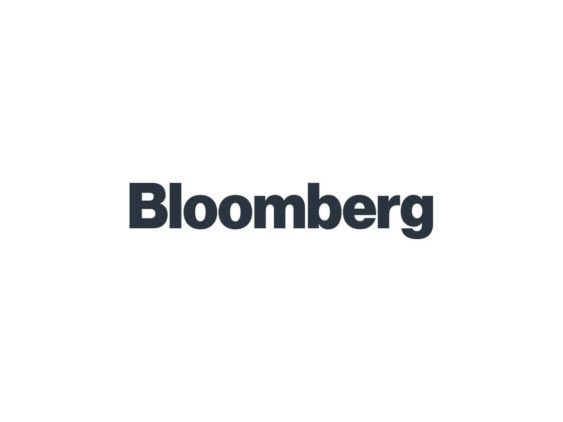Asian Cities Challenge U.S. Dominance in Venture Capital
October 5, 2018
October 5, 2018

The U.S. is losing its edge as the world’s foremost destination for venture capital investment, a new study shows, with U.S. startups capturing a rapidly declining share of global dollars invested, and Chinese companies grabbing more of the total. Because startups play a critical role in economic dynamism, the study bodes well for the global economy as a whole, its authors say, even as it points to an erosion of U.S. dominance.
Over the past three years through 2017, San Francisco startups won the most investment dollars, $81.8 billion. But Beijing area startups came close behind at $72.8 billion. New York ranked a distant third with $33.8 billion, followed by San Jose, California; Boston; and Shanghai, all of which attracted close to $25 billion.
“The rest of the world, they’re playing a bigger role,” said economist Ian Hathaway, who co-authored the study with urban theorist Richard Florida. “It’s going to be a great boon for wealth creation in those countries.”
The U.S. still accounts for a large and fast-growing pile of venture cash—about half of the $171 billion invested globally in 2017, according to the study, “Rise of the Global Startup City.” But that is down from two-thirds five years earlier and more than 95 percent in the early 1990s.
Beijing tops the list of cities that in the last half decade have shown the biggest increases in attracting venture dollars, accounting for 21 percent of venture capital investment growth. San Francisco accounted for 16 percent of the growth, and New York 7 percent.
“The notion that successful startups must launch and scale in Silicon Valley or another leading American city no longer holds true,” Hathaway and Florida wrote in their study, compiled for the Center for American Entrepreneurship, a Washington-based research group. “Increasingly, the world’s high-tech entrepreneurs are able to stay in their home city or nation and raise venture capital.”
But there are limits to how much the landscape is shifting. Companies based in smaller U.S. cities often raise considerably smaller rounds and generally do not grow as big compared to startups in bigger U.S. cities, making it hard to create startup centers outside major metropolises. The report indicated that pattern repeats globally. Just 24 cities account for three-quarters of venture capital investment, the report found, with the top six bringing in more than half.
In Asia, much of the activity stemmed from a handful of companies raising extremely large rounds of venture capital, indicating the startup scene lacks the same broad foundation seen in the U.S. For example, late last year Beijing-based Didi Chuxing, a ride-hailing service, raised $4 billion from Japan’s SoftBank Group Corp. and Abu Dhabi’s Mubadala Capital.
“Is China for real?” asked Hathaway, asking what’s become an increasingly familiar question to global VCs faced with the country’s huge growth. “It seems like they’re taking a top-down approach to entrepreneurship,” he said, referring to the relatively small portion of companies that end up with a large share of total investment.
Still, Hathaway said, the millionaires and billionaires being minted at behemoth Asian companies could take their cash and expertise and fund smaller startups in the future, creating a more entrepreneurial culture.
U.S. venture firms are helping drive the global expansion, raising billions in the U.S. to invest in startups based in China and elsewhere. Sequoia Capital, for example, is raising an $8 billion global growth fund, up from a $2 billion version in 2015. By far the biggest cross-continental effort is SoftBank’s $100 billion Vision Fund, announced two years ago, which has invested heavily in the United States and beyond.